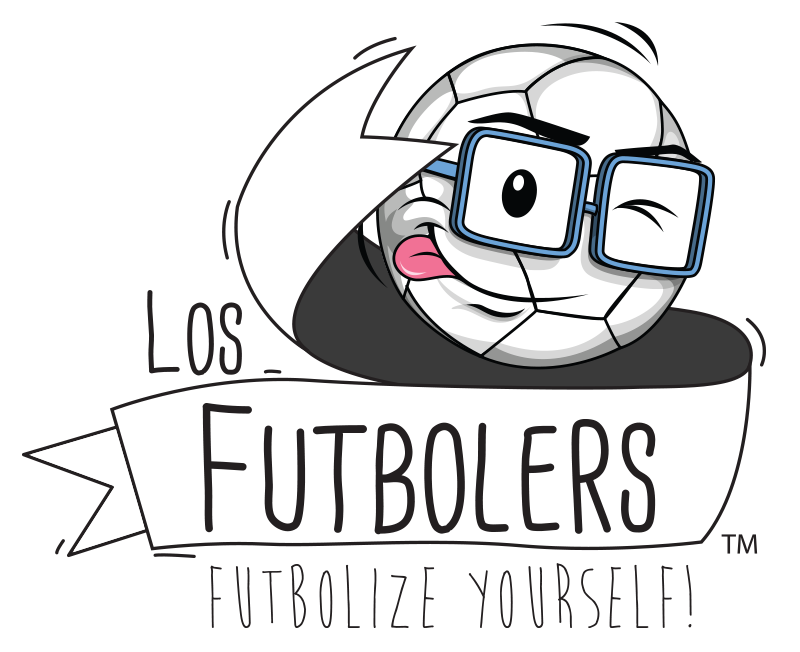The value of Sharing For Kids
Once upon a time there was a little boy named Lios Nerdssi who loved The value of Sharing his toys with other kids. One day, he decided to share his favorite toy with a group of kids who were playing near him. The value of sharing and helping others is amazing!
Lios is a futboler that learned that sharing and helping other people can make you feel great about yourself. His favorite toy was a football, and he used it to play with other kids. He decided to share the ball with a group of kids who were near him. The children were very happy, and they started playing together with Lios.
The value of Sharing for lios nerdssi has become one of his most valuable strengths:
If sharing were a muscle, then Lios would be a bodybuilder. His years of experience and countless hours of practice have made him extremely strong and efficient in using this skill.
The value of Sharing for kids
When it comes to raising kids, the value of sharing cannot be overstated. Sharing is an essential part of child development, helping kids learn to interact with others and developing a sense of empathy.
There are many benefits to sharing for kids. It helps them develop social skills, learn to take turns, and share resources. Sharing also helps kids understand the perspectives of others and develop a sense of empathy.
Sharing is an important part of raising happy and well-adjusted kids. It helps them develop essential social skills, learn to take turns, and understand the perspectives of others. When it comes to raising kids, the value of sharing cannot be overstated.
The benefits of sharing:
There are many benefits to sharing for kids. It helps them to develop a sense of trust and cooperation with others. It also teaches them the value of sharing resources and taking turns. Additionally, sharing can help kids to develop social skills and learn how to resolve conflicts. This is How Lios Nerdssi learned to develop his soccer skills .
Now that you have learned about the benefits of sharing for kids, you can share it with your friends and families.
Feeling connected
In today’s world, kids are more connected than ever before. They can connect with friends and family through social media, text messaging, and email. But what about feeling connected to others?
Sharing is one way that kids can feel connected to others. When they share their thoughts and feelings, they are opening up a line of communication. This can help them to feel understood and supported by others.
Sharing also allows kids to build closer relationships with others. When they share their experiences, they are giving others a glimpse into their lives. This can help to create a bond between people who may not have otherwise had one.
So next time your child is feeling disconnected, encourage them to share their thoughts and feelings with someone they trust. It just might help them feel more connected to the world around them.
Developing empathy
When kids learn to share, they also learn how to empathize. Empathy is the ability to understand and share the feelings of another person. It’s a important life skill that helps kids succeed in school and in their future relationships.
Sharing is one way that kids can develop empathy. When they see someone else enjoying something, they can feel happy for that person. When they see someone else sad or upset, they can feel compassion and want to help.
Encouraging kids to share their own feelings and experiences can also help them develop empathy. When they know what it feels like to be happy, sad, scared or angry, it’s easier to understand how someone else might be feeling. Talking about our own emotions can also help us feel more connected to others.
Teaching kids empathy doesn’t have to be complicated.
Perspective-taking
Perspective-taking is an important skill for kids to learn. It can help them to understand other people’s feelings and points of view.
One way to help kids develop this skill is by sharing with them. When you share your own experiences, it can give kids a better understanding of what it’s like to walk in someone else’s shoes.
Sharing can also be a bonding experience. It can help kids feel closer to you and more connected to your experiences. This can make it easier for them to empathize with you and see things from your perspective.
If you’re looking for ways to help your child develop perspective-taking skills, sharing your own experiences is a great place to start.
The negatives of not sharing:
In a family, it is important for parents to share their own experiences with their children, both the good and the bad. When parents don’t share their past experiences, it can have negative consequences for kids.
Kids need to know that their parents have made mistakes and learned from them in order to feel comfortable making their own mistakes. If parents don’t share their stories, kids will feel like they have to be perfect and that any mistake they make is unforgivable.
Additionally, sharing personal experiences can help kids understand and empathize with their parents. If kids only see their parents as perfect beings, they may have a hard time relating to them when they themselves are going through tough times. But if they know that their parents have also faced difficult situations, they will feel more connected to them.
Feelings of isolation
In a world that is increasingly connected, it can be easy to feel isolated if you are not sharing your life with others. For kids, this feeling can be especially pronounced.
When you are a kid, it can seem like everyone else is having more fun than you are. You see your friends posting about their adventures on social media and it can make you feel like you are missing out.
It is important to remember that everyone experiences feelings of isolation at times. It is normal to want to share your life with others, but it is also okay to enjoy your own company.
There are many ways to connect with others even if you are not sharing your life with them. You can reach out to friends and family members online, join a club or group that interests you, or volunteer in your community.
Lack of connection
Lack of connection and not sharing are two important factors that can negatively impact kids. When kids don’t feel connected to their parents or other family members, they can become withdrawn and may have difficulty trusting people. Not sharing can also lead to problems, as kids may feel like they have to keep secrets from their parents or that their parents aren’t interested in what they have to say. This can cause communication problems and make it difficult for kids to express their needs.
Difficult to empathize
It’s difficult to empathize with kids who don’t share their problems. When children withhold information about what’s bothering them, it can be tough for parents to help.
There are a few possible reasons why your child might not be sharing their problems with you. They may be afraid of being judged, or they may think you won’t understand. It’s important to create an open and safe environment for your child, so they feel comfortable coming to you with whatever is on their mind.
If your child is struggling and not sharing their problems, there are a few things you can do. First, try to get them to open up by asking questions in a non-threatening way. You can also encourage them to express themselves through creative outlets like writing or painting. Finally, let them know that you’re always there for them no matter what.
Conclusion: the importance of sharing
When it comes to kids and sharing, it’s important to remember that sharing is more than just an act of giving. It’s also an act of communication and connection. When kids share with others, they learn how to communicate their needs and wants, as well as how to listen to the needs and wants of others. Sharing also helps kids develop a sense of empathy for others, which is an essential life skill.
So when you see your child struggling to share his toys with his friends, don’t get too discouraged. It’s all part of the process of learning how to be a good friend and member of the community. Encourage your child to keep practicing sharing, and he’ll eventually get the hang of it.

